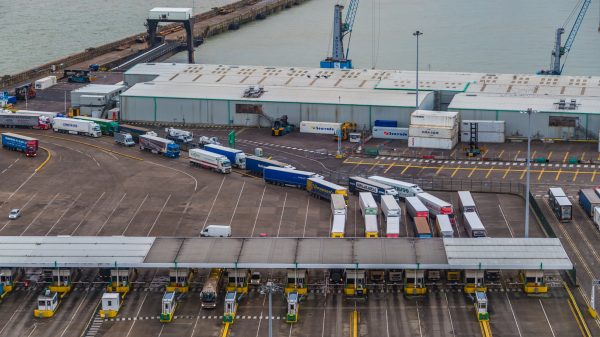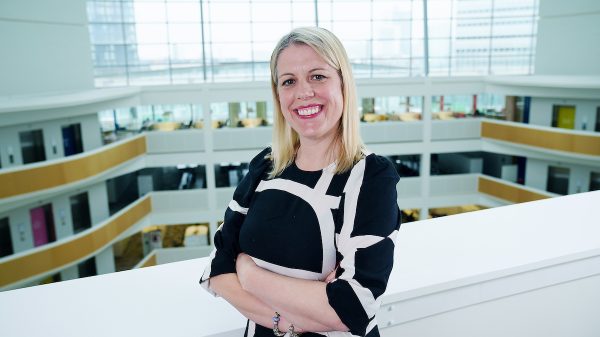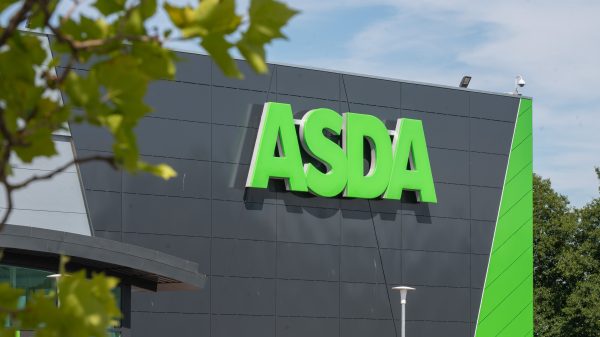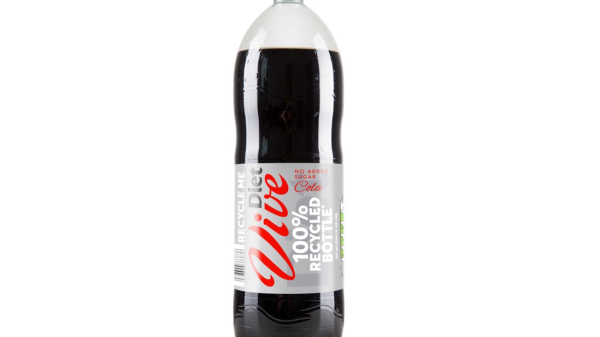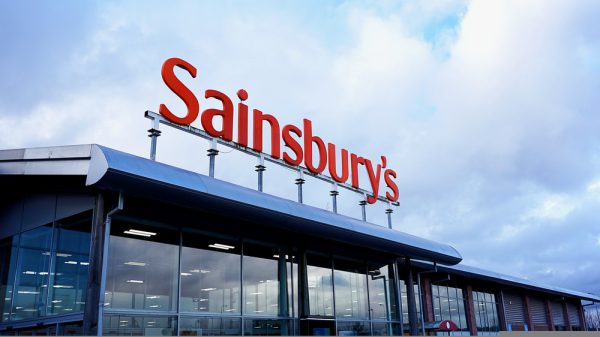Riverford Organics founder Guy Singh-Watson is a man on a mission.
For the past few months he has put a spotlight on the plight of small British farmers, who he believes are not getting a fair deal from the country’s supermarket giants.
Now, the issue is set for a Parliamentary debate as the petition he set up, ‘Get Fair About Farming’, received more than 100,000 signatories.
It’s a landmark moment for Singh-Watson who has worked in the farming industry for more than 30 years and was twice awarded BBC Radio 4’s Farmer of the Year.
The opinionated leader has become a spokesman for the industry. He regularly posts animated and heartfelt videos about farming on social media, which have amassed over 5.6 million views and 91,000 shares.
It is therefore no surprise that he is using his voice to demand fairer treatment of farmers by big supermarkets.
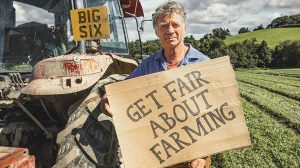
He does so as the industry is facing a crisis. Almost half (49%) of British fruit and veg farmers fear they will go out of business within the next 12 months, with three quarters of them saying that supermarket behaviour is a leading factor in this.
The Get Fair About Farming petition urges supermarkets to commit to five factors that he says will transform the lives of farmers and protect the future of British food and farming.
These are: buy what you committed to buy; pay on time; commit for the long term; agree on fair specification; and pay what you agreed to pay.
Singh-Watson says: “Supermarkets are notorious for having built their businesses on farmer’s cash. They get the money that minute [that goods are sold], while the farmer has to wait – 90 days is not unheard of.”
He also says that the terms of the relationship between farmer and retailer can be changed on a whim.
“In my last year of supplying Sainsbury’s, we got about three weeks into the season, and they rang up and told me that they were going on promotion. Instead of getting 15p a head for a gem lettuce, I was going to get 6p. Well, that was the end of it for me.”
Singh Watson now opts not to supply big supermarkets, which is why he is able to talk freely about what he believes is unfair treatment to farmers.
“I can stand up and say it the way it is because I know I have nothing to lose. I’m not going to lose my supply contract,” he says.
He shares his own experience of dealing with the big grocers in the past, recalling an interaction with one buyer.
The buyer had put the phone down on him, and when he called back, he was told: “When we whistle, you jump. The only question is how high.”
“No one should treat another human being like that,” he says. “But that is just completely normal behaviour for a supermarket buyer.
“They are all just so embedded in their buying practices. If you ever go into a room of supermarket buyers, it’s just a testosterone-driven frenzy of unpleasantness,” he says, describing the behaviour as bullying.
Riverford – ‘more than just a veg box’
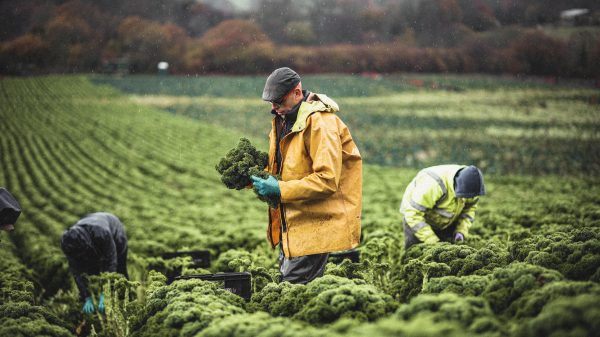
It was this very desire to do something to address the “imbalanced” farming and food industry that inspired Singh-Watson to establish Riverford back.
Founded in 1986, and as of May this year 100% employee-owned, it proudly describes itself on its website as “more than just a veg box”.
The business allows shoppers to cut out supermarkets and order organic veg to their home each week.
It has gone from a one man and a wheelbarrow scheme, to delivering more than 80,000 customers a week.
Singh-Watson says shoppers see the business as a “beacon of hope”.
“Investing in people and the environment in a way that Riverford does, is something most other businesses don’t,” he says.
“We are honest about what we do, where our food comes from, the compromises that we that we make and so on. And I do think becoming employee-owned has meant we’ve earned a lot of trust over the years.”
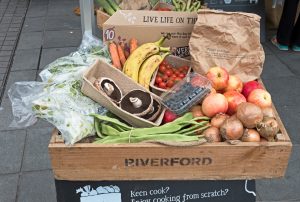
The veg box firm is also committed to doing business sustainably.
It’s products are 100% organic, seasonal, plastic-free and it never uses air freight for its veg, 80% of which is UK grown.
Of course, the business has also fostered a fair relationship between suppliers, the buyer and the consumer.
“In many cases, we have the same suppliers now as we had 20 years ago, and we’ve worked with them and our businesses have grown together. We try and grow vegetables which taste good, as well as look good and we really try to communicate that from the customer and the supplier, being honest and trustworthy.”
Future growth
Singh-Watson is eyeing future growth and is looking to expand Riverford across the country.
“I would love if we could achieve the same level of awareness, outside the Southwest – that would give us loads of growth.
“We spend very little on sales and marketing. We’ve always relied pretty heavily on word of mouth.”
He also has some more left field ideas.
“I’m quite keen in developing sort of super local networks of people who have a bit of an obsession with people cooking together,” he says.
Previous ventures have included opening a London pub.
“I think by continuing to do new, interesting things, people talk about us and that keeps us in mind and drives word of mouth,” he says.
However, one thing is for sure – Riverford will continue be driven by its principles.
“Competency, honesty, trust, being part of a movement for a better world – I hope that doesn’t sound too pretentious,” says Singh Watson. “I would like Riverford to be a catalyst for people in a kinder, fairer world.”


